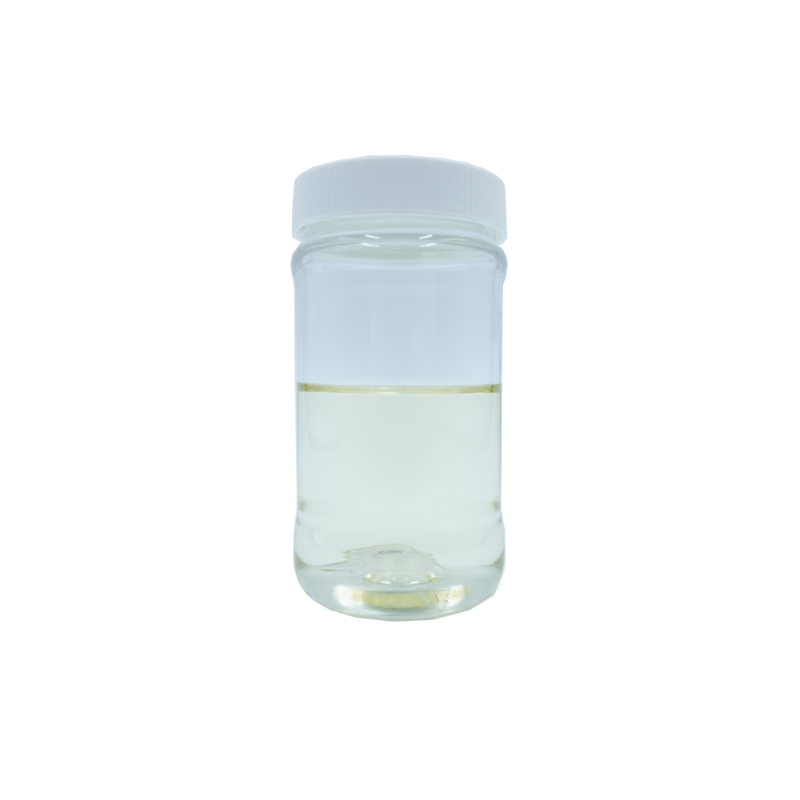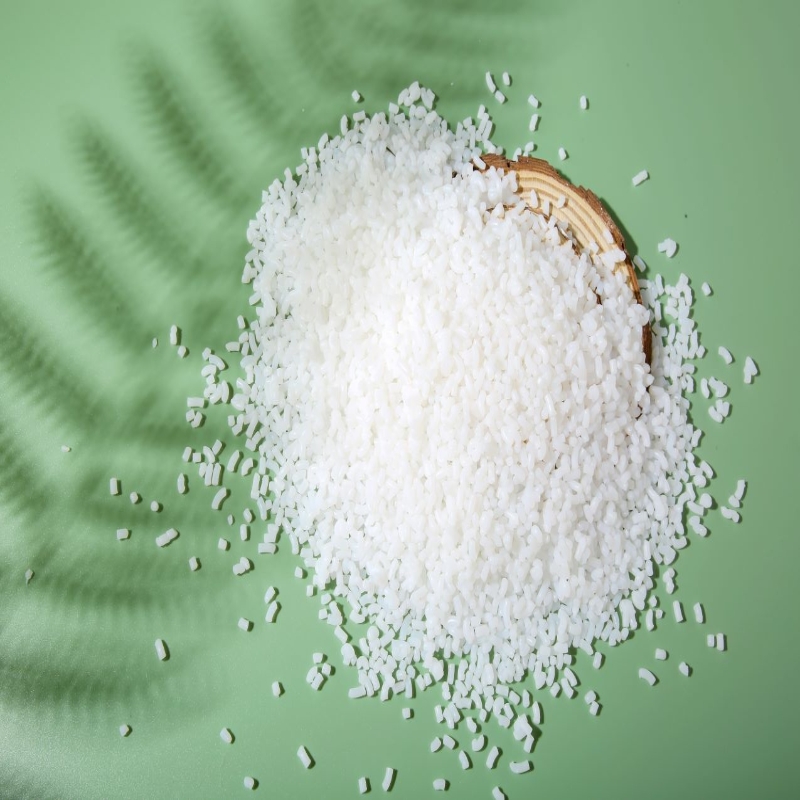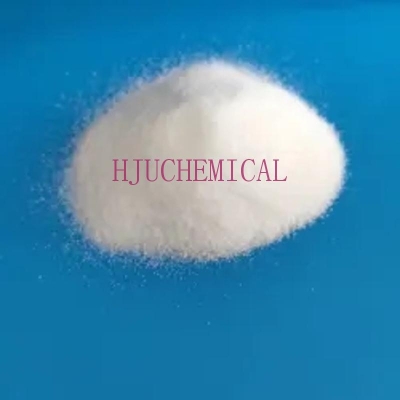-
Categories
-
Pharmaceutical Intermediates
-
Active Pharmaceutical Ingredients
-
Food Additives
- Industrial Coatings
- Agrochemicals
- Dyes and Pigments
- Surfactant
- Flavors and Fragrances
- Chemical Reagents
- Catalyst and Auxiliary
- Natural Products
- Inorganic Chemistry
-
Organic Chemistry
-
Biochemical Engineering
- Analytical Chemistry
-
Cosmetic Ingredient
- Water Treatment Chemical
-
Pharmaceutical Intermediates
Promotion
ECHEMI Mall
Wholesale
Weekly Price
Exhibition
News
-
Trade Service
The Decoat project will allow for the avoidance of 75% of textiles and plastics in landfills, and its coatings have so far been difficult to recycle - thanks to the addition of smart additives.
project alliance is made up of 17 partners from all over Europe, including design, manufacturing, non-governmental organizations and research and innovation.
the Alliance focuses on coating and painted textiles and plastic materials, which are currently non-recyclable
. The European plastics industry has set ambitious plastic recycling targets of 50 per cent, and in order to achieve these goals, intelligent solutions must be considered to enable the recycling of textiles and plastic parts with multi-layer coatings. Many materials are made up of a variety of chemical components that impede their recyclability, such as coatings and laminated products. Ideally, all components of an object after the end of life should be separated and fed into the most suitable recycling stream.
intelligent
, Decoat was developed to study triggerable intelligent polymer material systems and appropriate recycling processes. The solution will be based on intelligent additives (e.g. microcapsules or microwave trigger additives) for "coating" formulations that will be activated by specific triggers (heat, humidity, microwaves, chemicals).
bold goal of the four-year project is to reduce landfills. Seveny-five percent of coating components, including clothing, electronics and automobiles, were considered in the Decoat use case. The goal is to reduce the carbon footprint of the products under consideration by at least 30%. By recycling these materials, Decoat is expected to generate a new market in Europe of more than 150 million euros in the medium term.







